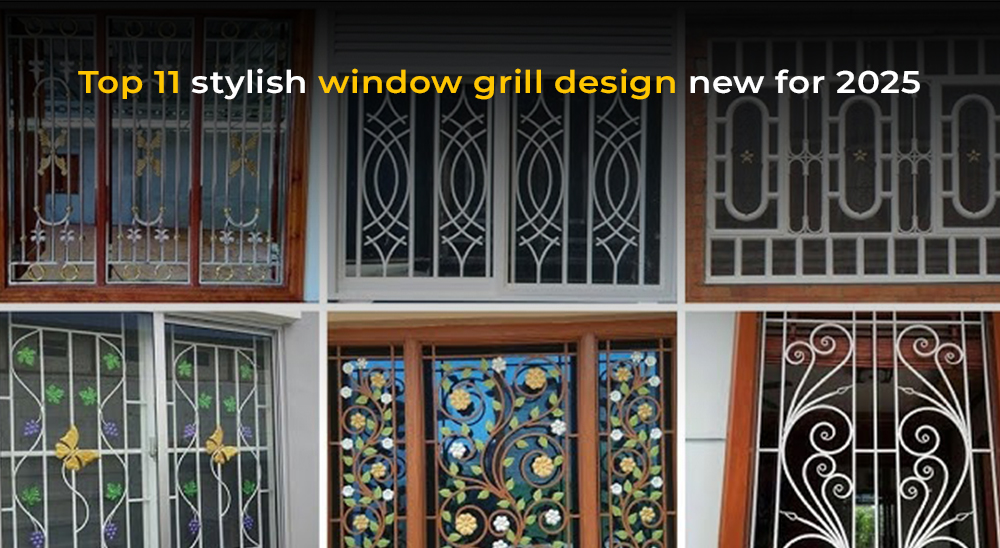A Complete Guide of Taxes and Fees For Property Purchases in UAE
UAE is one of the most favoured destinations for real estate purchases in the world due to its no-taxation policy. Unlike other countries, United Arab Emirates does not have any prescribed real estate taxation system. This means one has to simply the value of the property to purchase the property. Also, the property registration fee is very uncomplicated thus attracting millions of investors around the globe.
What Makes the Real Estate Tax System of the UAE the Best?
The following factors make the Real Estate Tax System of UAE the best in the world.
- No Income Tax: One of the most attractive features of the UAE’s real estate tax system is that it doesn’t impose income tax. This means that rental income and capital gains from property investments are not subject to personal income tax, making it highly appealing to investors.
- No Property Tax: In many other countries, property owners are required to pay annual property taxes based on the value of their real estate holdings. In the UAE, there is no property tax on residential properties. This can significantly reduce the overall cost of property ownership.
- Low Transaction Costs: The transaction costs associated with buying and selling real estate in the UAE are relatively low. Property transfer fees and other transaction-related expenses are reasonable compared to many other countries.
- Stable and Attractive Market: The UAE, particularly Dubai and Abu Dhabi, has attracted international investors due to its stable real estate market. This stability is due in part to the government’s proactive measures to regulate the real estate sector, which has included introducing new laws and regulations to protect both buyers and sellers.
Property Transfer Fee in the UAE
The property transfer fee in the UAE, often referred to as the “transfer fee” or “registration fee,” is a compulsory charge for real estate transactions. It becomes applicable when the ownership of a property is transferred from the seller to the buyer. This fee is determined as a percentage of the property’s sale price or its market value, whichever is greater.
| City | Property Transfer Fee |
| Dubai | Property transfer fees in Dubai are typically 4% of the property’s sale price.
In addition to the 4% transfer fee, there is also a 0.25% mortgage registration fee if the property is being financed through a mortgage. |
| Abu Dhabi | In Abu Dhabi, the property transfer fee is also generally set at 4% of the property’s sale price.
There is a separate 2% municipality fee in Abu Dhabi, bringing the total transfer fee to 6% in most cases. |
Property Transfer Taxes in the UAE
The following are the major types of property transfer taxes applicable in UAE.
- Property Transfer Fee
- Mortgage Registration Fee
- Municipality Fee
- Land Department Fee
- Brokerage Commission
- Value Added Tax (VAT)
Is there any Real Estate Tax in UAE?
Generally, residential properties in the UAE are not subject to property taxes. Nevertheless, buyers should be mindful of various fees, including registration fees, service charges, and maintenance fees. The UAE does have a property transfer fee, with the specific percentage varying by emirate. For instance, in Dubai, it stands at 4%. Typically, this fee is divided between the buyer and the seller, although in many cases, the buyer bears the cost of the transfer fee.
Property Purchasing Tax in Dubai
- Security Deposit
A security deposit is typically associated with rental properties rather than property purchases. When renting a property in Dubai, tenants are often required to provide a security deposit to the landlord. This deposit serves as a form of financial protection for the landlord in case of damage to the property or non-payment of rent by the tenant. The amount of the security deposit can vary but is often equivalent to one or two months’ rent. It should be returned to the tenant at the end of the tenancy period, provided there are no outstanding issues.
- Insurance Fees
Insurance fees may be required when buying a property in certain developments or communities. For example, some property developers or homeowners’ associations may mandate property insurance to cover common areas, shared facilities, and potential liabilities. The cost of this insurance can vary based on the property’s location and the type of coverage required. Buyers should check with the developer or community management to understand the specific insurance requirements and associated fees.
- Property Service Charge
Property service charges, also known as maintenance fees, are recurring fees that property owners in certain developments or communities are required to pay. These charges cover the maintenance and upkeep of common areas, facilities, and shared services within the development. The amount of the property service charge can vary significantly depending on the development’s amenities and services. Property owners should be aware of these charges and budget for them as part of the ongoing cost of property ownership.
- Dubai Electricity and Water Authority Fees
The Dubai Electricity and Water Authority (DEWA) provides utility services for properties in Dubai. Property owners are responsible for setting up and paying for their electricity and water services. DEWA charges are based on the consumption of these utilities. When purchasing a property, buyers should ensure that the utility accounts are properly transferred to their name and address to avoid any issues with utility services.
Expat Property Taxes Rules in UAE
In the UAE, real estate ownership regulations for foreign residents vary from one emirate to another. In Abu Dhabi, expatriates have the opportunity to acquire residential properties with ownership deeds, enter Musataha contracts for up to 50 years, secure Usufruct contracts that extend to 99 years, or engage in long-term leases spanning at least 25 years. Moreover, foreigners are permitted to own properties in designated areas, such as Yas Island, Saadiyat, and Al Raha Beach.
Conversely, in Sharjah, foreign nationals and entities under their ownership are generally restricted from owning real estate. However, they can obtain usufruct rights, which grant them property usage and benefits, for a maximum duration of 100 years, subject to special approval.
FAQs
1. What are the taxes on buying property in Dubai?
The taxes on buying in Dubai is based on the value of the property you are buying.
2. What is the purchase tax in the UAE?
The purchase tax in the UAE is 5% of the total value of the property.
3. Is there a VAT on property purchases in the UAE?
All commercial property purchases in UAE are subjected to a VAT equal to 9%.





